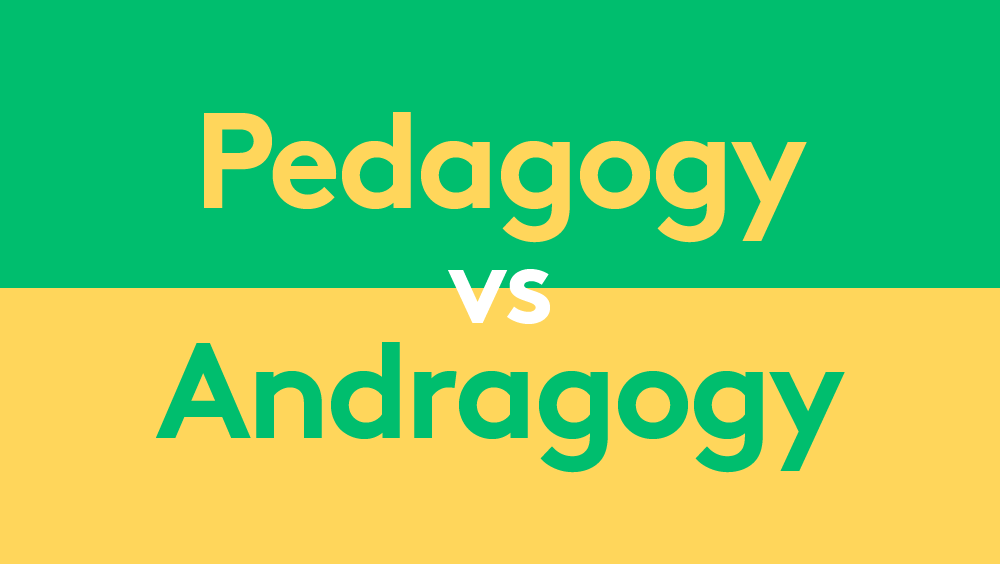
Tapping Into The Art & Science of Adult Learning
When it comes to learning, adults have distinct needs and characteristics that drive their behavior, compared to younger learners.
What do you know about andragogy?
Before 1950, many educators assumed that the same methodologies of learning and instruction worked for both adults and children. While andragogy was a known term (first originating in the 1830s), it wasn’t until the 1960s that researchers began to actively question whether pedagogical assumptions (assumptions about the way that children learn) also applied to adults or whether they might be two distinct areas.
One of the leaders of this work, Malcolm Knowles, made a clear delineation of the two. He argued that andragogy is “the art and science of teaching adults” (in contrast, pedagogy is the art and science of instructing children). Knowles argued that in andragogy, the instructor is a facilitator who helps adults to become self-directed learners rather than a transmitter of knowledge.
Six characteristics of adult learners
Further, Knowles identified six characteristics of adult learners in his work, The Adult Learner: A Neglected Species. According to Knowles, adults:
- Need to know why learning something is important before they learn it.
- Have a concept of self and do not like others imposing their wills on them.
- Have a wealth of knowledge and experience and want that knowledge to be recognized.
- Open up to learning when they think that the learning will help them with real problems.
- Want to know how the learning will help them immediately.
- Learn in response to internal (versus external) motivations.
Embracing andragogy within corporate training
These characteristics underscore what most corporate trainers already know – you can’t force adults to learn. But what L&D practitioners and instructors of adult education cando is facilitate thought-provoking environments where adult learners are:
- Recognized for what they already know,
- Intrigued by what they’ve yet to learn, and
- Shown the impact the learning will have to them personally
Embracing an andragogical training approach removes the “handcuffs” of traditional curriculum instruction. It allows instructors to move away from scripted training and timed PowerPoint presentations toward a model that’s able to adapt to the various learning needs, styles and demands of adult learners.
Tech-based solutions for adult learning
One solution that’s ideally suited for this type of personalization is adaptive learning. For example, our adaptive platform, which was designed and built as a specialized adult learning tool:
- Allows learners to quickly move beyond information they already know, honoring the past experience and expertise of each learner
- Provides opportunities for self direction and control by allowing learners to choose how they engage with the content and determine the pace with which they learn
- Leverages techniques from cognitive science to capture learner attention and stimulate intrinsic motivation
Being mindful of the needs and motivations of adult learners, and designing instruction that’s more learner-focused than teacher-directed will become even more critical as more adults embrace lifelong learning. For more information about andragogy or how you can better facilitate adult learning in your organization, let’s connect. Or, if you want learn more about Fulcrum’s adaptive learning technology, check out our short overview video.
